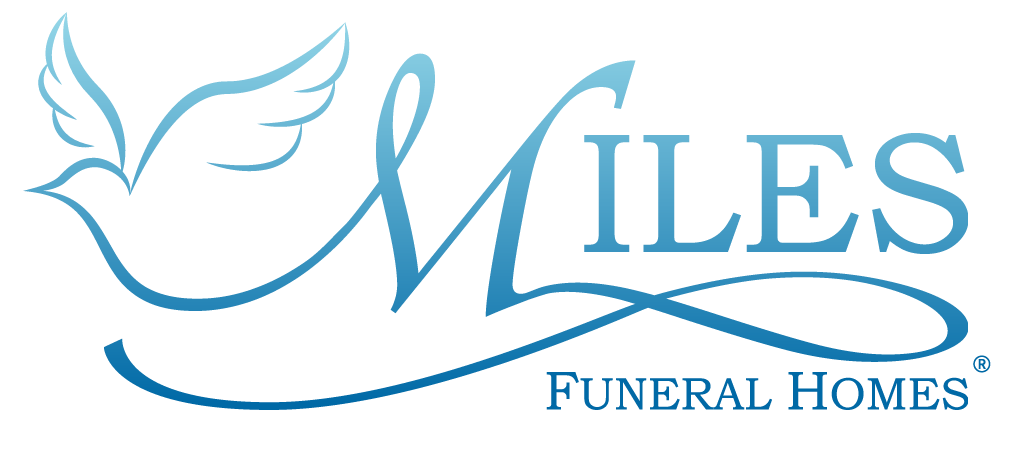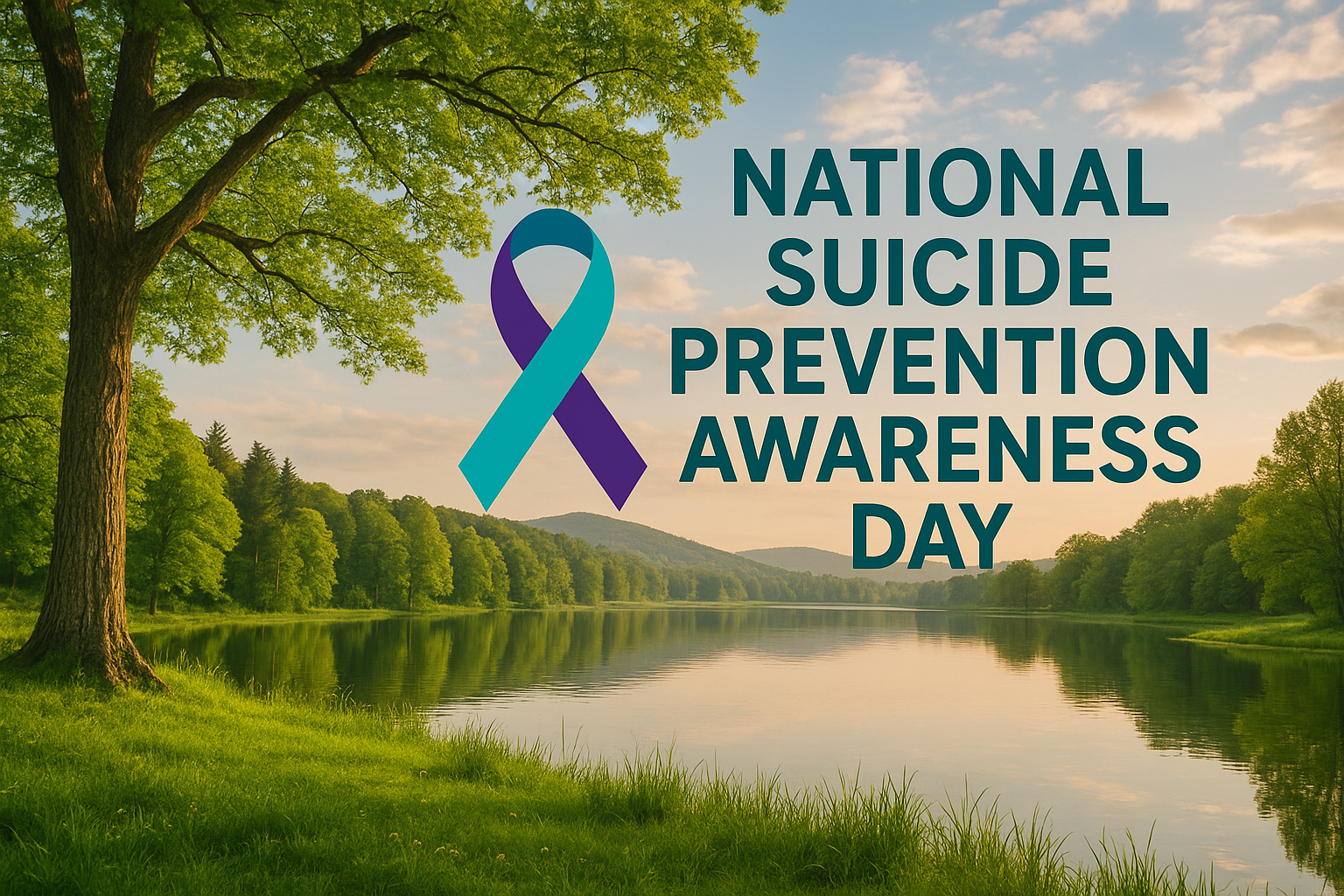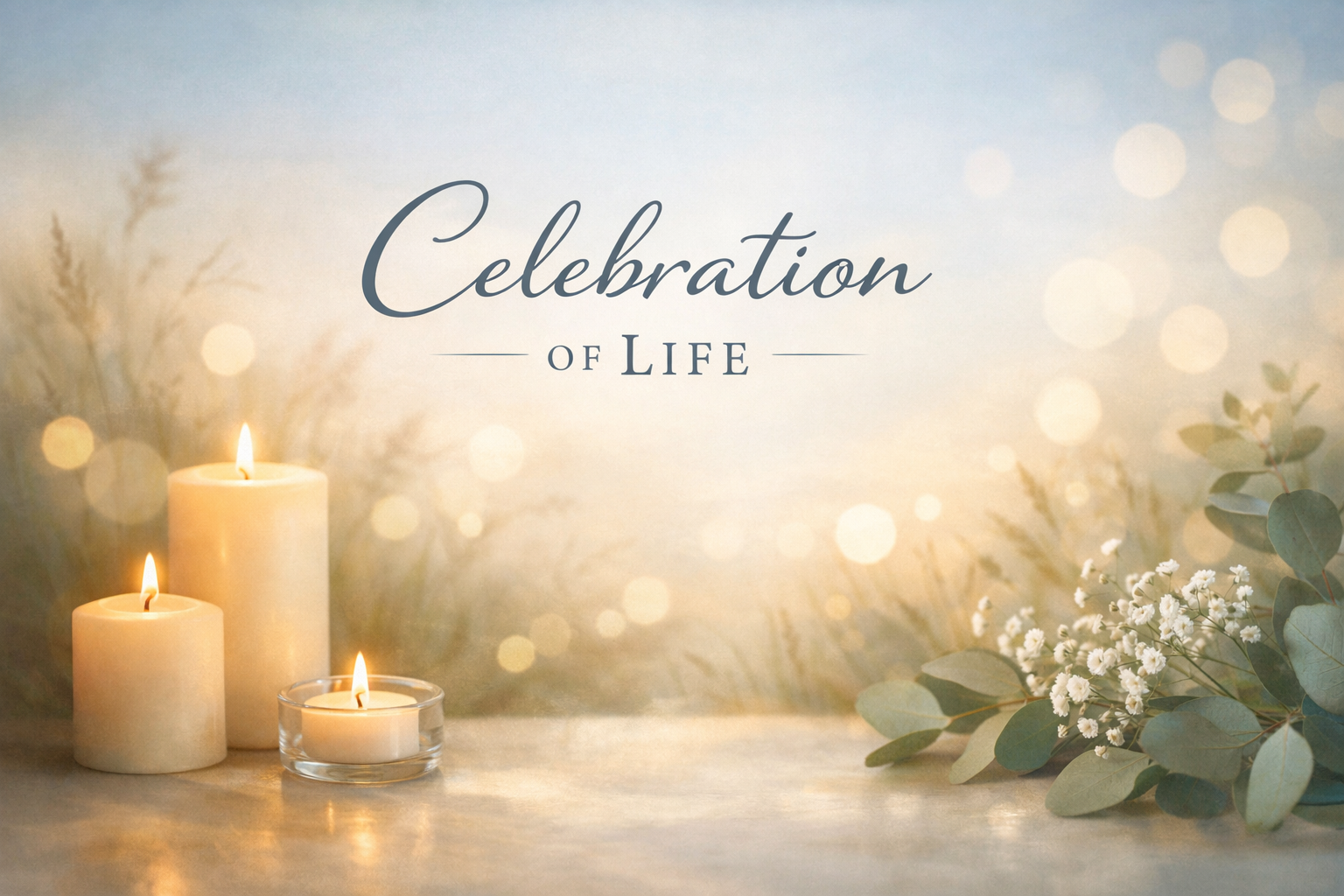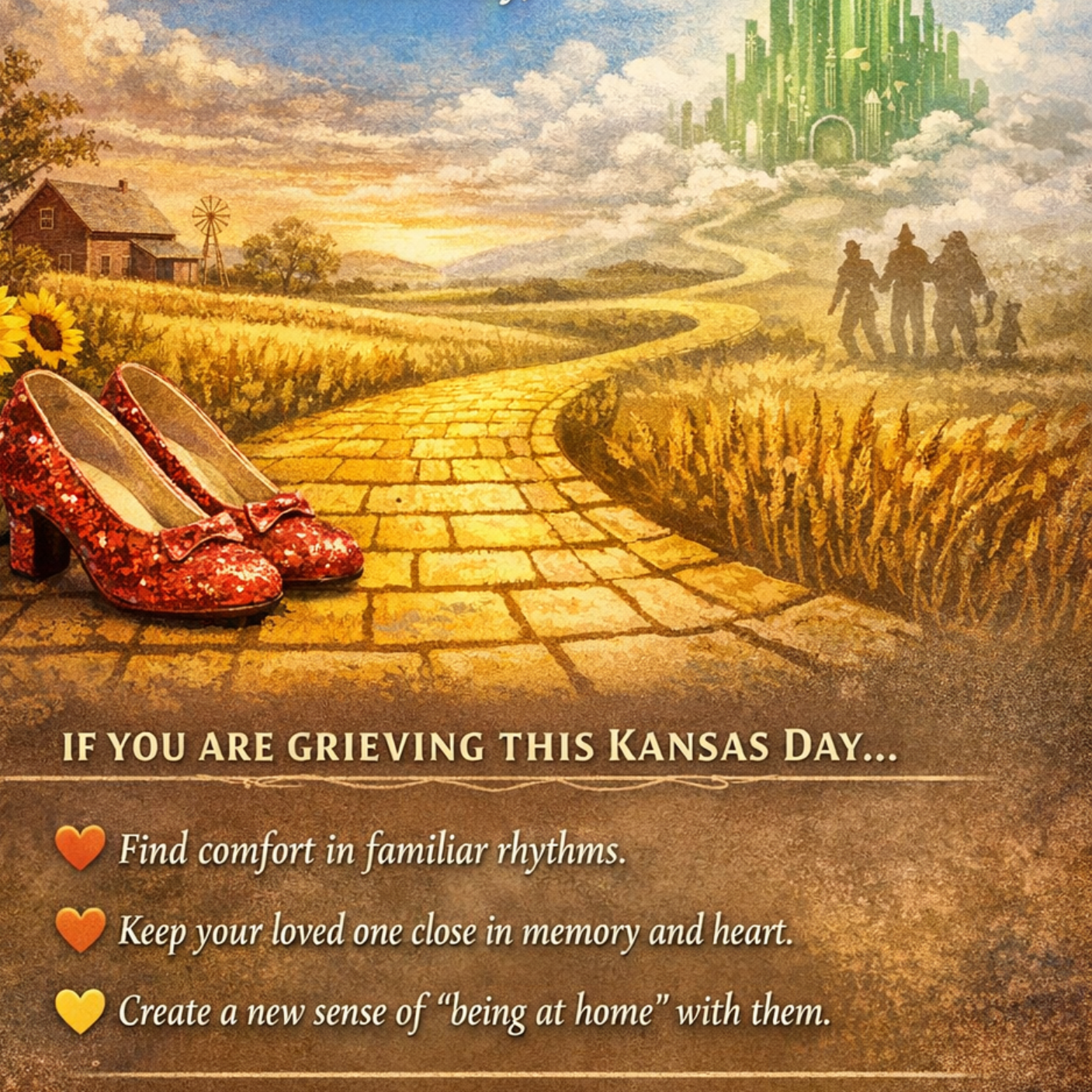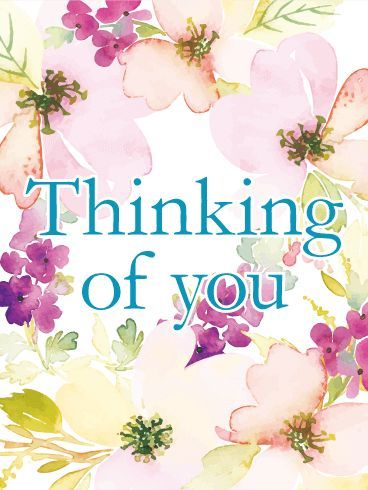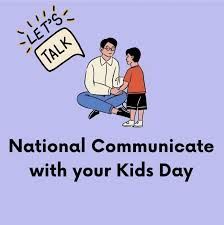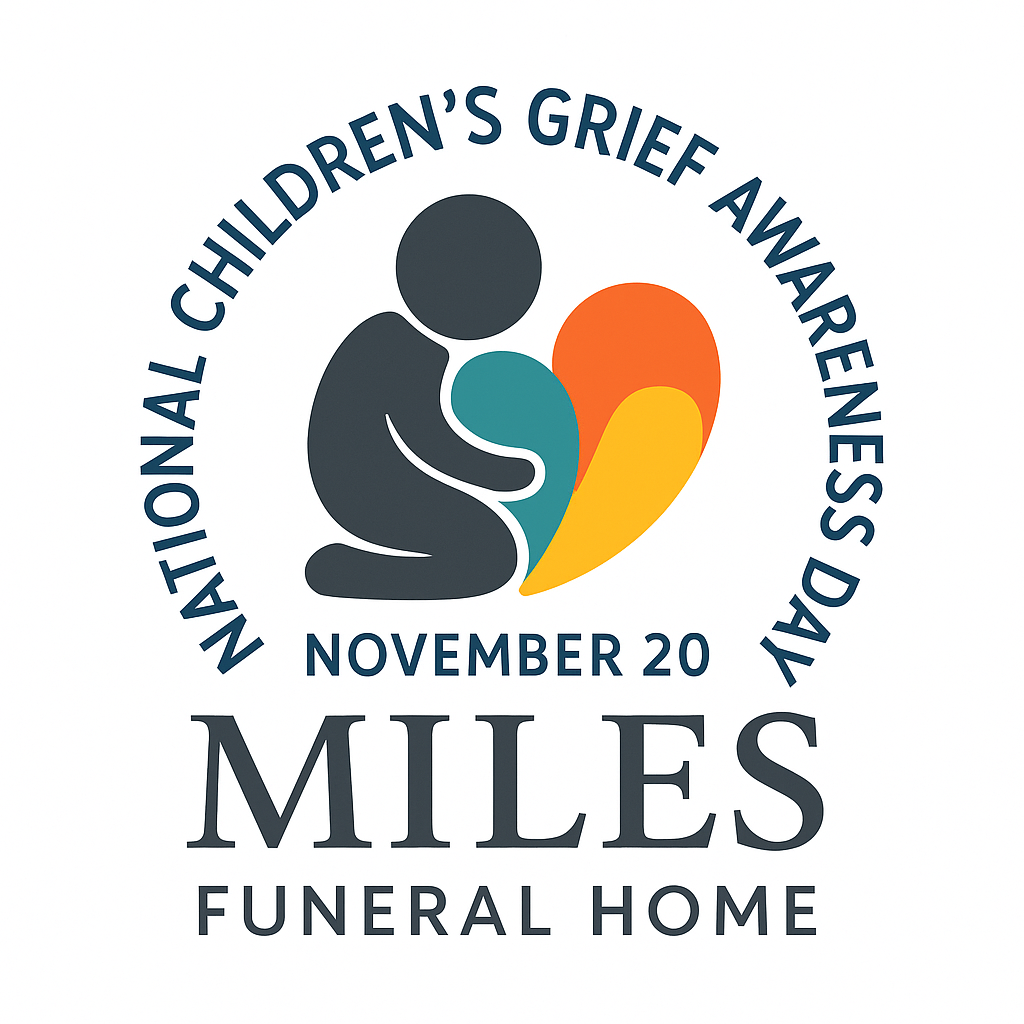By attending an event, learning more, or simply sharing resources, you can be part of the movement to spread awareness, foster compassion, and bring hope.
One of the first significant losses I experienced was the death of my uncle, who, after many years of living with mental illness, died by suicide. This was in 1962, a time when conversations about mental health were rare and often misunderstood. My aunt, a nurse with a deep faith, responded with extraordinary compassion and strength. She guided her six children through their grief with understanding, awareness, and unwavering love, helping them to heal and grow despite their tragic loss. I have always admired her wisdom and tender heart. She showed us how to grieve my uncle’s death with dignity, to honor his life, and to remember him with the same respect we would give to any other loved one. It was many years later, in 2008, that September was first declared National Suicide Prevention Awareness Month. Since then, this month has served as a time to honor those affected by suicide, to raise awareness, and to connect individuals in need with support and treatment services.
Losing someone to suicide creates a wound unlike any other. For those left behind, grief often comes with a mix of emotions—confusion, guilt, anger, and a deep sorrow that words can rarely capture. The loss is not only the absence of a loved one but also the weight of unanswered questions: Why? Could I have done something? Did I miss the signs? This pain is made even heavier by the suddenness of the loss and the silence that so often surrounds suicide. Survivors are left carrying unfinished conversations, the longing for one more chance to help, and the heartbreaking awareness that someone they loved was suffering beyond what they could bear.
The journey through this grief is ongoing. It means learning to live with a loss that will always be part of you, to search for meaning in the midst of the senseless, and to slowly rebuild trust in a world that feels forever changed. Yet within this journey, there is also quiet courage. Survivors honor their loved ones by remembering with tenderness, by choosing to face each new day, and by carrying forward the light and love of the one they lost.
Suicide is often misunderstood. People who die by suicide are not simply “choosing” death—they are most often trying to escape pain that feels unbearable and unending. Each person’s story is unique and deeply personal, yet there are common struggles that can contribute to suicidal thoughts and behaviors:
- Mental health challenges – Conditions such as depression, bipolar disorder, anxiety, PTSD, and schizophrenia can cloud judgment, distort thinking, and make hope feel out of reach.
- Overwhelming emotional pain – Feelings of shame, guilt, loneliness, rejection, or hopelessness may become too heavy to carry alone.
- Trauma and abuse – Survivors of physical, emotional, or sexual abuse may feel trapped in wounds that feel impossible to heal.
- Substance use – Alcohol and drugs can intensify despair, impair judgment, and lower inhibitions, increasing risk.
- Major losses – The death of a loved one, the end of a relationship, financial devastation, job loss, or sudden life changes can leave someone feeling without direction or support.
- Chronic illness or pain – Ongoing physical suffering or disability can lead to feelings of hopelessness or of being a burden to others.
- Bullying, stigma, or social isolation – Especially among young people, rejection and exclusion can feel overwhelming and unbearable.
- A sense of no way out – Many describe it as feeling trapped in a tunnel with no light at the end, where suicide feels like the only escape from relentless suffering.
It is important to understand suicide is rarely about truly wanting life to end—it is most often about wanting the pain to stop. For those who grieve a suicide loss, this truth does not erase the heartbreak. But it can help shift the focus from blame to compassion—reminding us that behind each suicide is a human being who was suffering deeply and deserved care, connection, and hope.
If you or someone you know is in crisis,
please call or text 988
to connect with the Suicide & Crisis Lifeline.
Suicide Prevention Awareness Month is a time to break the silence, reduce stigma, and remind every person that they are not alone. Together, we can honor the lives of those we have lost, support the families and friends who grieve, and offer hope to those who are struggling. Here are some meaningful ways you can take part this September:
Every year, over 250 people die by gun violence in Massachusetts. More than half of these deaths are suicides—that’s enough to fill two subway cars on the MBTA Red Line. Behind each of these deaths is a devastated family and a grieving community. This National Suicide Prevention & Awareness Month, join The Samaritans and a panel of gun violence experts, state legislators, and advocates for a critical conversation on the current landscape of gun safety laws. In this webinar, you will: learn how to recognize warning signs and safely intervene when someone you love is in crisis; hear how Extreme Risk Protection Orders (ERPOs) can be used in Massachusetts to decrease the risk of someone hurting themselves or others. Discover ways to have effective conversations with legislators to advocate for policies that address gun violence and suicide prevention. Whether you are new to advocacy or looking to deepen your impact, you will leave this webinar with concrete tools and resources for having meaningful conversations that can save lives and create safer communities in Massachusetts. To learn more or register here: https://samaritanshope.org/event/webinar-building-safer-communities/
Central MA Walk to Prevent Suicide – Walk alongside others to raise awareness and support the mission of the American Foundation for Suicide Prevention (AFSP).
When: Saturday, September 27 at 9:00 a.m. Where: Polar Park, Worcester, MA
To learn more or register:
https://www.umassmed.edu/capes/events/2025/09/american-foundation-for-suicide-prevention-walk-2025/
Talk Saves Lives Free AFSP presentations offering education and resources. https://afsp.org/talk-saves-lives/
- Veterans-focused session: September 11
- General session: September 16
ZSA Virtual Train-a-thon – A series of online training sessions offered by the International Association for Suicide Prevention (IASP). When: Wednesday, September 10
To learn more or register: https://www.zerosuicidealliance.com/zsa-trainathon-2025
By attending an event, learning more, or simply sharing resources, you can be part of the movement to spread awareness, foster compassion, and bring hope. This September, let’s join together for National Suicide Prevention Awareness Month. 💙 Every step we take—listening, learning, checking in, or sharing resources—helps break the silence and reduce the stigma.
